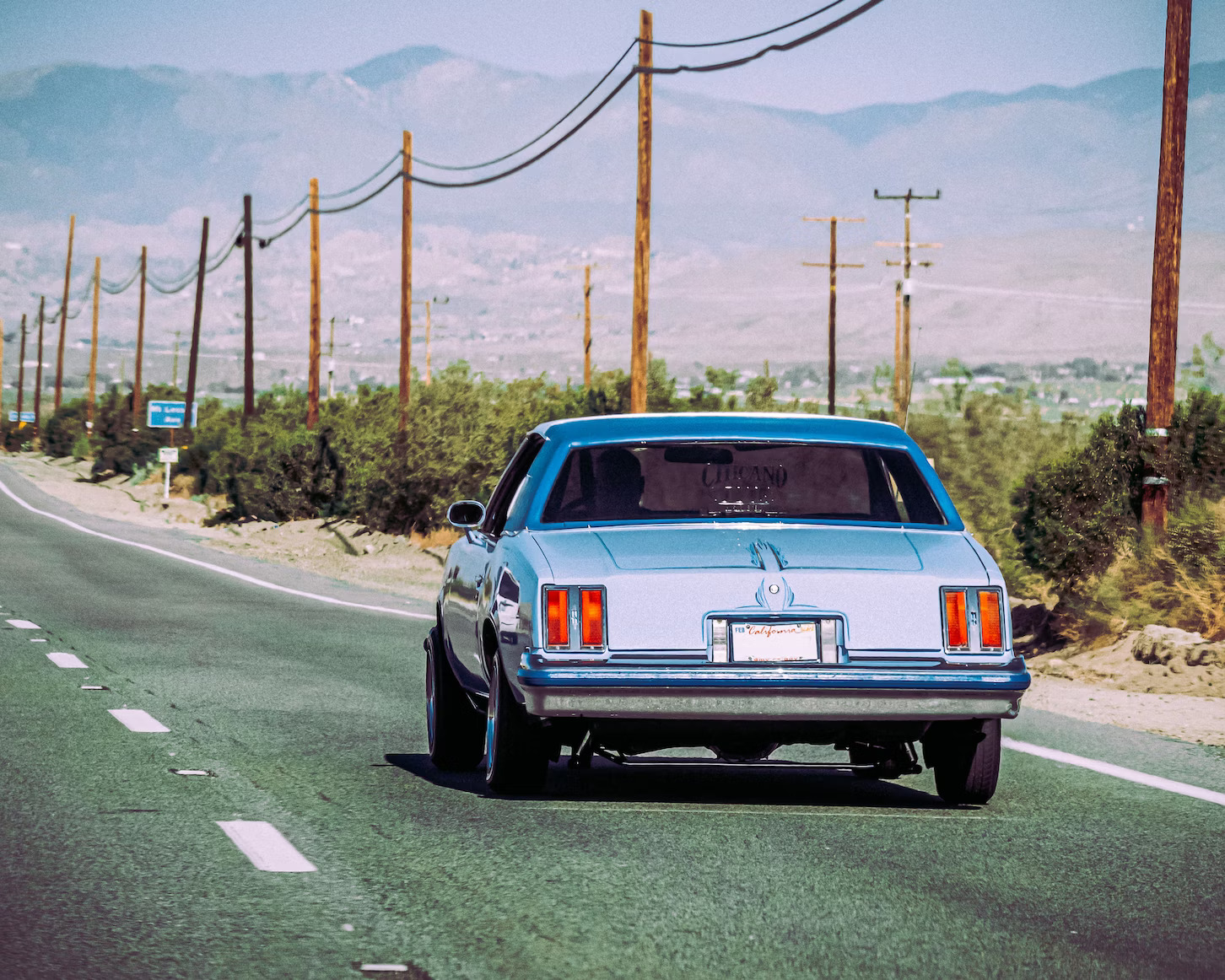In the realm of technological advancements, few innovations have left as profound an impact on personal freedom of travel as the invention of the automobile. This revolutionary creation not only transformed the way people moved but also laid the foundation for a new era of mobility and exploration. Keep reading to explore more on which invention allowed the greatest personal freedom of travel.
The Pre-Invention Travel Scenario
Before the advent of automobiles, travel was a vastly different experience. Reliance on animals for transportation limited the speed and range of journeys. Long-distance travel was time-consuming, often spanning days or even weeks. This restricted mobility hindered personal and societal growth. Those living in rural areas found it difficult to access urban centers for various needs, be it trade, education, or medical care. The concept of a weekend getaway or spontaneous road trip was practically unheard of.
The Game-Changing Invention: Automobile
The birth of the automobile marked a turning point in history. With the invention of the first practical automobile by Karl Benz in 1885, a new chapter in transportation began. The automobile's internal combustion engine and innovative design opened doors to unprecedented travel freedom. Suddenly, individuals could cover distances that were previously considered impractical. This invention did more than enhance mobility; it sparked the imagination of societies worldwide.
How Automobiles Expanded Travel Horizons
Speed and Efficiency:
- Automobiles offered unprecedented speed and efficiency, drastically reducing travel time and increasing accessibility to distant locations. No longer were people confined to the limitations of horse-drawn carriages or walking. Cross-country journeys that once took weeks could now be completed in a matter of days, revolutionizing the way people planned their lives and businesses.
Personalized Journeys:
- Unlike public transportation, automobiles provided individuals the freedom to plan personalized routes and travel at their own pace. This allowed for spontaneous road trips and the exploration of remote destinations. Families could load up their cars and embark on vacations that were previously logistically challenging. This newfound freedom of exploration fostered a sense of adventure and a deeper connection with the landscapes traversed.
Societal Transformation:
- The widespread adoption of automobiles led to the growth of suburbs and the decentralization of cities, shaping modern urban landscapes. People could live farther from their workplaces and commute efficiently, altering the dynamics of urban planning. This shift not only changed how cities were designed but also influenced the growth of recreational spaces and the concept of suburban living.
The Ongoing Evolution of Travel Freedom
The automobile was just the beginning. Technological advancements like airplanes, high-speed trains, and electric vehicles continue to redefine travel possibilities. The world has become more interconnected than ever, making international travel faster and more accessible. The modern traveler benefits from a network of transportation options that previous generations could only dream of. The rise of electric vehicles is driving sustainability in travel, aiming to reduce the environmental impact of personal mobility.
Conclusion
The invention of the automobile stands as a testament to human ingenuity and its potential to revolutionize personal freedom of travel. From the constraints of relying on animals to the boundless possibilities of modern transportation, this innovation has reshaped societies and empowered individuals to explore the world like never before. As we move forward, the legacy of the automobile reminds us that innovation is the key to unlocking even greater travel freedom. Embracing new technologies and ideas will continue to shape the way we move, connect, and experience the world around us. As we celebrate the journey of progress, let's also envision the future of travel—one that balances convenience, sustainability, and the spirit of adventure.

